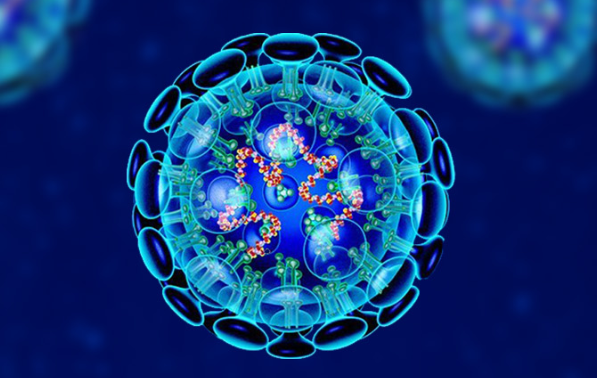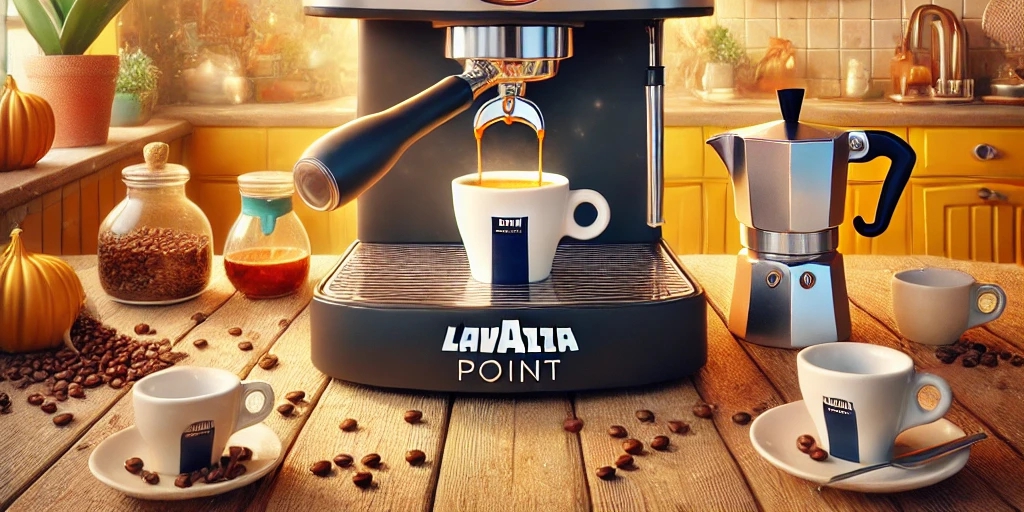Nobel Prize Awarded for Advancements in mRNA Research Revolutionizing Vaccines

In a groundbreaking announcement on October 2nd, the Nobel Assembly revealed the recipients of the 2023 Nobel Prize in Physiology or Medicine: scientists Katalin Karikó and Drew Weissman. Their revolutionary research in messenger ribonucleic acid (mRNA) has had a profound impact on vaccine development, particularly during the COVID-19 pandemic. The duo's work has not only saved numerous lives but has also mitigated the severity of cases, easing the strain on healthcare systems and contributing to the global reopening of societies. With over 13 billion administrations worldwide, mRNA vaccines have played a crucial role in combating the pandemic.
Scientists have explored the potential of mRNA in vaccine development since the 1990s, but Karikó and Weissman's contributions have been pivotal. Their work has "revolutionized our comprehension of mRNA's interaction with the immune system," proving instrumental in the swift creation of mRNA vaccines for SARS-CoV-2. These vaccines utilize lipid nanoparticles (LNPs) to deliver the spike protein mRNA sequence into cells, triggering protein production and activating immune responses that generate neutralizing antibodies and antigen-specific T cells. This innovative approach offers rapid production and cost-effectiveness, amplifying antigens through mRNA synthesis and achieving high concentrations of neutralizing antibodies for enhanced vaccine efficacy.
In comparison to traditional methods involving whole viruses or viral proteins, mRNA-based vaccines streamline production by avoiding extensive cell cultures. The laureates' research involved testing SARS-CoV-2 vaccine candidates in various animal models like ACE2 humanized mice, demonstrating the efficacy of exogenous mRNA corresponding to viral gene fragments. However, extracellular mRNA production faced challenges related to instability and inefficient delivery.
Karikó and Weissman's groundbreaking research addressed these challenges by modifying extracellular mRNA's nucleotide bases. This modification made the host cells "recognize" exogenous mRNA as self-mRNA, reducing inflammatory reactions and enhancing protein production after delivery. This breakthrough not only overcame hurdles in mRNA's clinical application but also paved the way for agile mRNA vaccine development for infectious diseases. Furthermore, it holds promise for delivering therapeutic proteins and treating specific cancer types.
Despite inherent instability and susceptibility to enzymatic degradation, as well as concerns about triggering inflammatory responses, Karikó and Weissman persisted. In 2005, they published a groundbreaking paper addressing these challenges by modifying mRNA's building blocks, nucleotides, to enhance stability and reduce immunogenicity. Their innovative method employed lipid nanoparticles to deliver mRNA into cells, ensuring its protection and transportation within minuscule lipid bubbles.
Karikó and Weissman's work marks a transformative breakthrough in anti-SARS-CoV-2 candidates and public health. It underscores the power of curiosity-driven science and resilience, serving as an inspiration for researchers and innovators worldwide to explore the potential of mRNA technology in enhancing human health and well-being.




